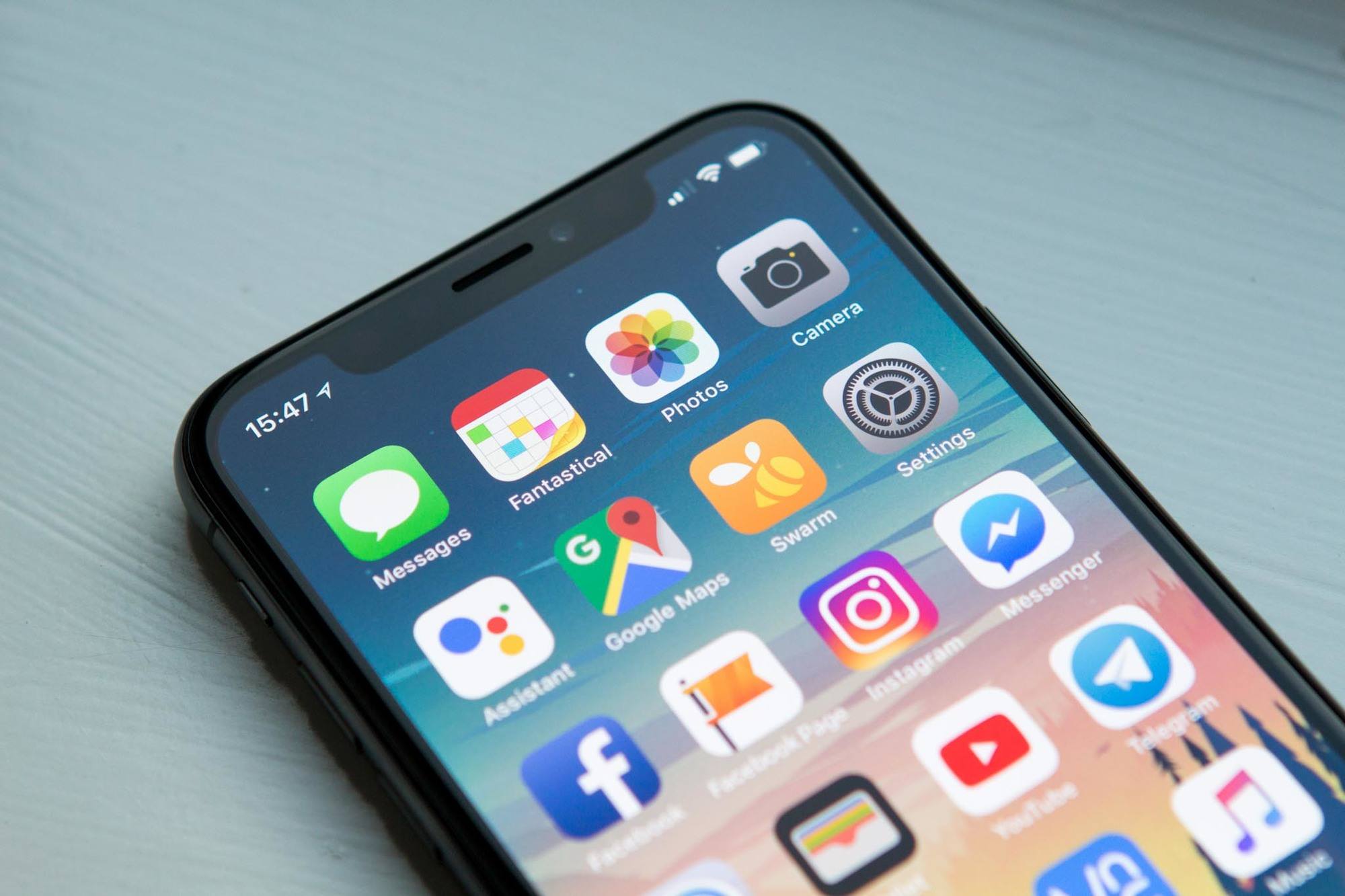
Picture this: you and a friend are craving “the best bubble tea” in your area, so you both hop on Google to find such a place. You’re on your own mobile devices, yes, but the internet connection is the same, and so are the keywords. Somehow, though, you both get different Google search results. Maybe there’s a little overlap here and there, but for all intents and purposes, the best bubble tea for you is at a completely different location than your friend’s.
So what just happened? Are Google search results different for everyone? Does it have something to do with being on mobile? If so, why are mobile search results different? What does it all mean? Fear not, we’re here to solve the mystery for you.
Are Google Search Results Different for Everyone?
In a way, yes. Granted, someone with a very similar search history who lives in the same location as you may have similar results—but now we’re getting ahead of ourselves.
Think about it this way: much like targeted ads are directly related to your location and search history, Google tailors its results to give you the most relevant, individualized experience that it can. Let’s break down some of the criteria Google examines when doing so.
User Location
If you were to search, say, “craft breweries in Minneapolis, Minnesota,” you’d wind up with dozens of choices (56, to be exact). Wouldn’t it make more sense to be paired up with the ones that are closest to you?
Google, the powerhouse that it is, now employs location-based targeting, which means you don’t even have to type in the location during your search to be matched with some great fits nearby. And we have both geofencing and geotargeting to thank for that. Geofences are virtual perimeters around real-life locations, such as school zones or neighborhoods, that show you what’s nearby without excluding a specific demographic. On the other hand, geotargeting offers a different personalized experience based on frequently-visited locations, age or gender demographics, and so on. You may be directed to a craft brewery closer to your apartment building with a fellow twentysomething crowd. At the same time, an older relative might be recommended a more laid-back location closer to their residential neighborhood.
Search History
Another way Google customizes your search results for you is with a tool called Google Personalization. It gives Google the ability to examine your previous 180 days of search history without being signed into your Google account. Essentially, it examines anonymous cookies in your browser to give you highly-curated results. It’s a little spooky, but it’s mostly awesome.
For example, let’s say that you’ve been scoping out digital Urban Outfitters ads this past month. Not buying anything, necessarily, but clicking on links and spending a lot of time on their online catalog. Maybe you’ve pinned a thing or two from the Google results to your Pinterest board. That sends a message to Google that, hey, you like Urban Outfitters an awful lot, and you would probably enjoy seeing more search listings from them. Makes sense, right?
If this is all feeling a little 1984-esque to you, don’t be alarmed. You always have the option to “Remove Web History Items” on your account’s dashboard. The same goes for if you don’t want your searches to become too personalized—i.e. if you seek genuinely new information or something entirely out of your comfort zone. Just remember that, at the end of the day, search history and SEO are there to make your life easier.
Why Are Mobile Search Results Different?
Mobile search results differ from user to user for several reasons. For one, you’re most likely carrying your phone with you when you leave the house, which results in some serious geotargeting. Your personal computer has a wealth of search history to examine, yes, but unless you’re toting it around with you at all times, the results may be subtly different from your mobile ones.
But what if you’re logged into the same Google account on all of your devices, you ask? This creates an even larger map of user data for Google to work with, adjusting those search parameters on all devices. You may be in the habit of searching for one of several things while on mobile, or on-the-go, that you wouldn’t on your PC or tablet. Or you may frequently string together different keywords with voice search on mobile that you wouldn’t anywhere else. Basically, Google takes a top-down approach by examining your search habits as a whole, then narrows in on patterns based on device, location, search method, etc.
Snap: Let’s Master the Google Search Algorithm Together
Maybe you’re a business that wants to better utilize geotargeting and geofencing. Maybe you want to conduct demographic research to further appeal to your current audience or rope in a new one. Maybe you’d just like a crash course on SEO and other digital marketing tactics. Much like Google search, we know each brand needs a different approach and a unique set of results. That’s where Snap is here to help, so go on, send us a message.

